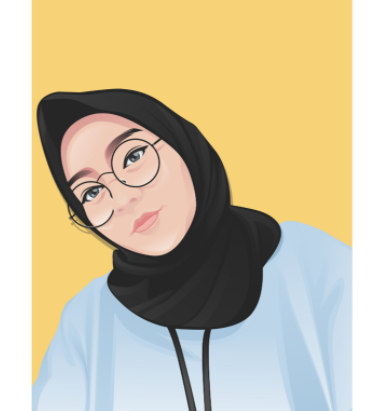The French Senate has recently voted in favor of banning young women and girls under the age of 18 from wearing religious clothing in public. This ban specifically impacts Islamic headwear, specifically hijabs. Other amendments restrict parents from attending school trips and activities with their children if they are wearing religious clothing, and ban the body covering swimsuit called a burkini in public pools and beaches. All these amendments need to be passed through the National Assembly before becoming official laws.
President Emmanuel Macron said the new ban against religious clothes is supposed to “empower women” and create equality between men and women. But how does a government differentiate empowering women from controlling them? Forcing women to remove clothing, thus exposing parts of her body she chooses not to expose will not make her feel respected, empowered or a part of an inclusive society.
Muslim women have been portrayed by the media, movies and politicians as oppressed women who have no freedoms and need to be saved. These are stereotypes and do not apply to the entirety of the Muslim women. Members of the Muslim community have pushed back against the ban, vocalizing their efforts online with the hashtag #HandsOffMyHijab. Muslims against the ban feel the restrictions take away their freedom of religion and are anti-Islamic. The French government believes they’re elevating the rights of young women, but what about the girls and women who choose to wear hijab?
The bills’ purposes are to separate religion from state and advocate for women. But is telling women they cannot participate in a religious practice outside of their home the separation of church and state? Furthermore, is excluding volunteers from school outings making anyone feel welcome and valued at school? What kind of message is the education system giving to people, especially young children, by excluding their parents based on their religious expression?
Since one of my favorite ways to learn to relate to people who experience the world through a different lens than mine is by reading books, below are a few books I’ve recently read that are written by and feature Muslim girls and women:
Children’s books:
The Proudest Blue by Ibtihaj Muhammad
The Grand Mosque of Paris by Karen Gray Ruelle and Deborah Durland DeSaix
Under My Hijab by Aaliya Jaleel
Middle Grade books:
Other Words For Home by Jasmine Warga
I Am Malala by Malala Yousafzai
The Night Diary by Veera Hiranandani
Cited Sources:
https://www.vice.com/en/article/wx5e9m/france-hijab-ban-french-muslim-women-react
